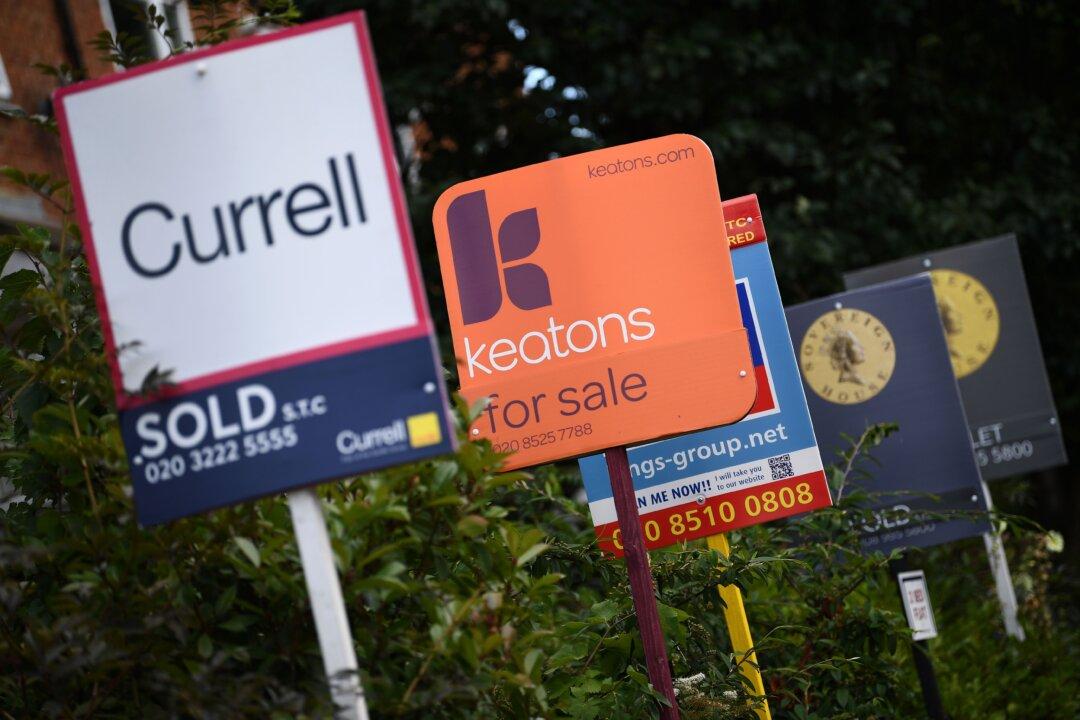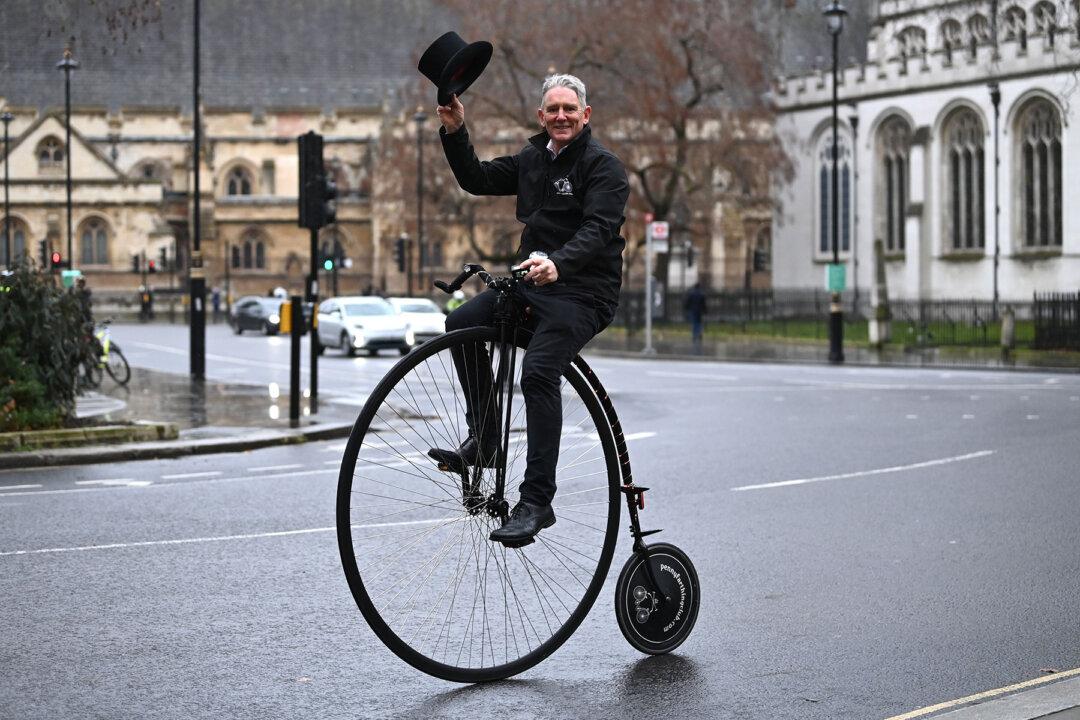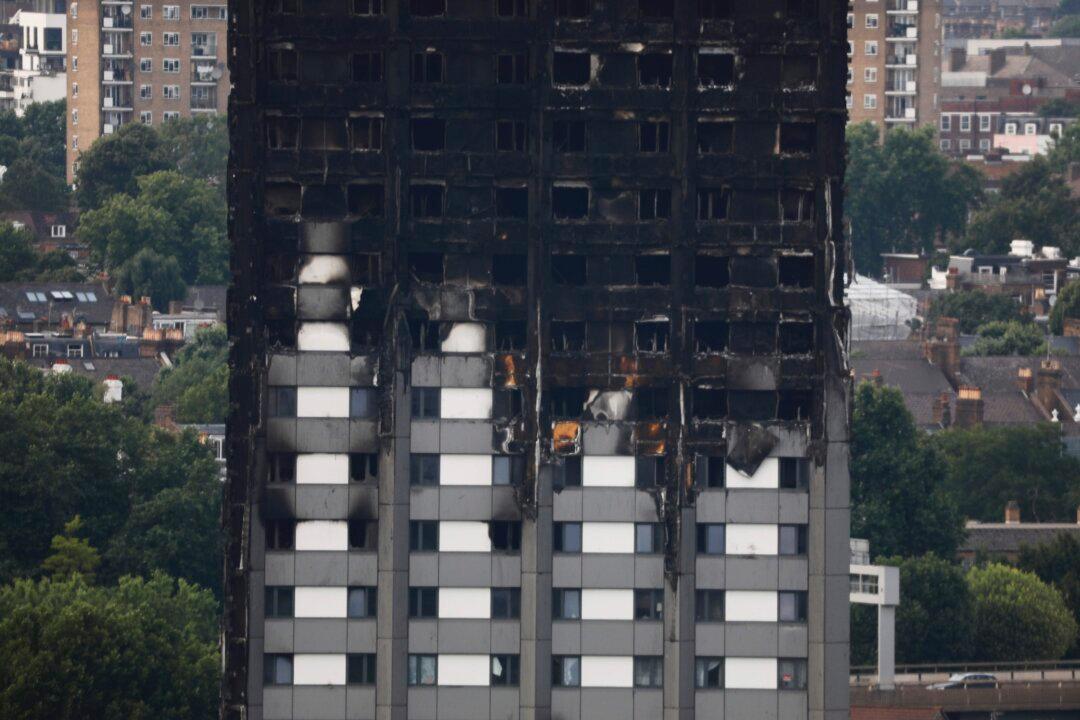UK house prices rose by 6.5 percent in the months of June to November, Halifax said on Monday, with price increases now cancelling out average stamp duty savings.
House prices increased on average by £15,000 ($), the strongest five-month run on house prices since 2004, with the average property price rising to just over £253,000 ($), according to the latest Halifax figures (pdf).




